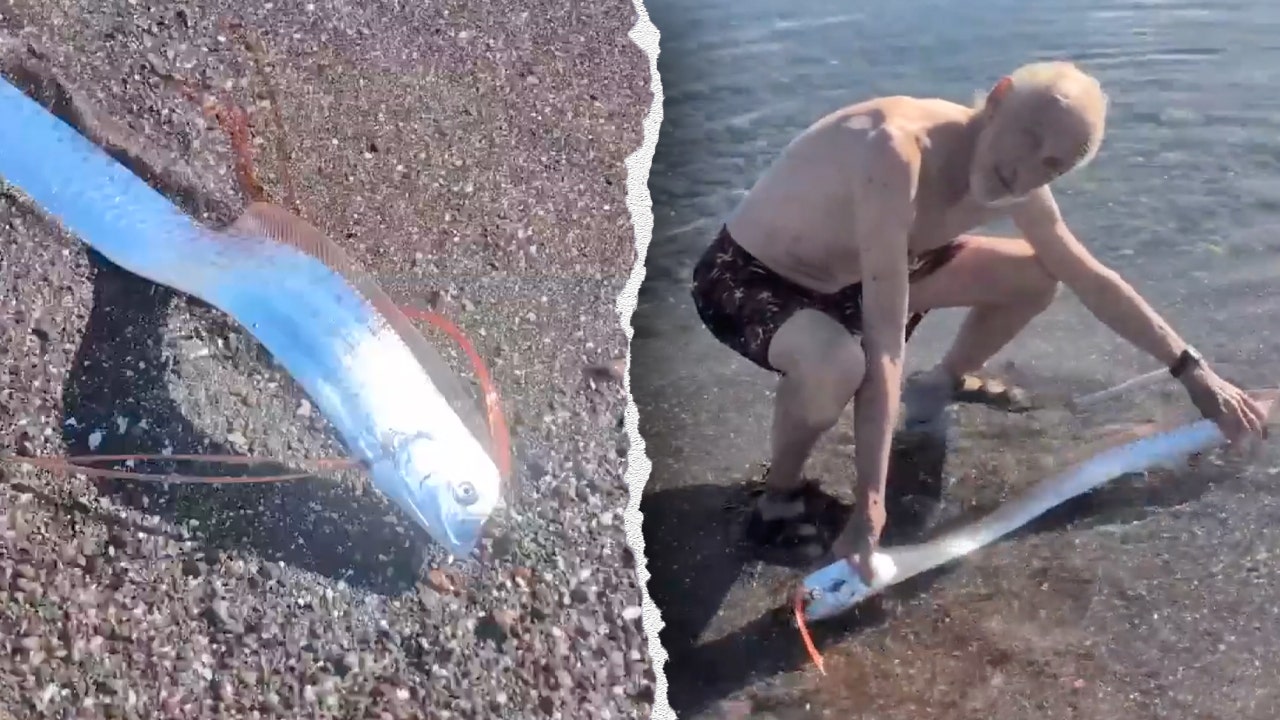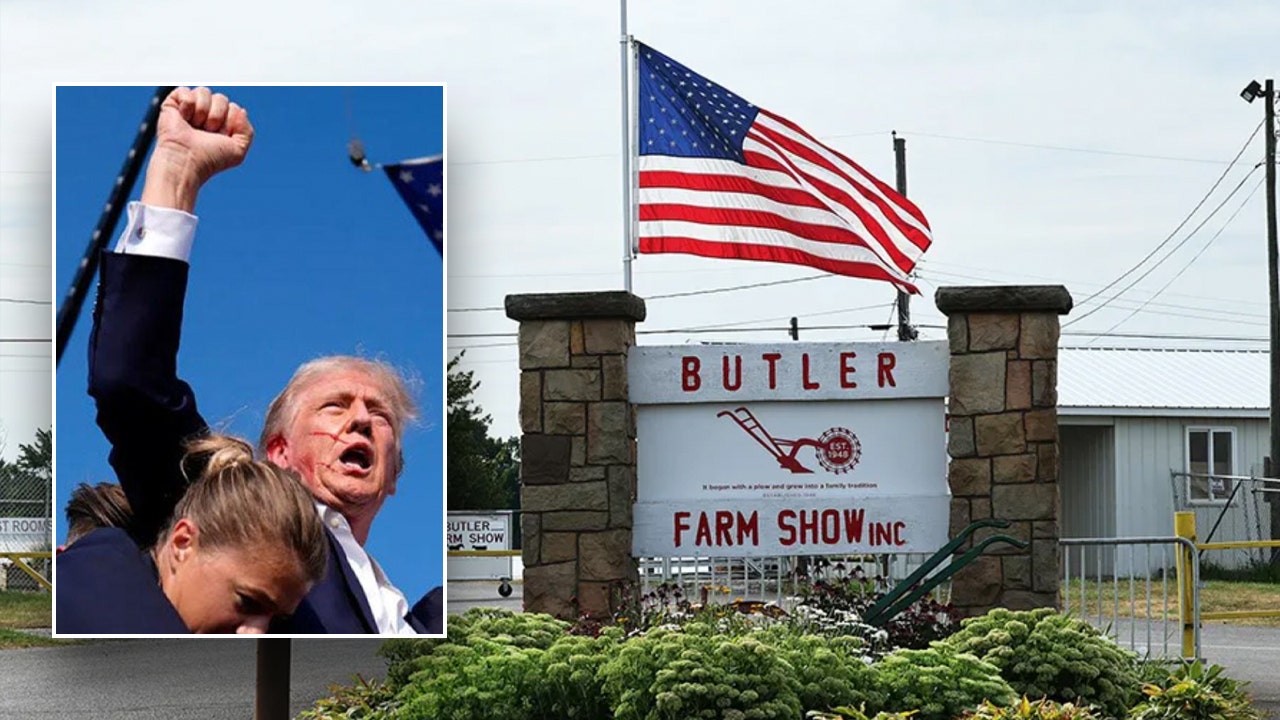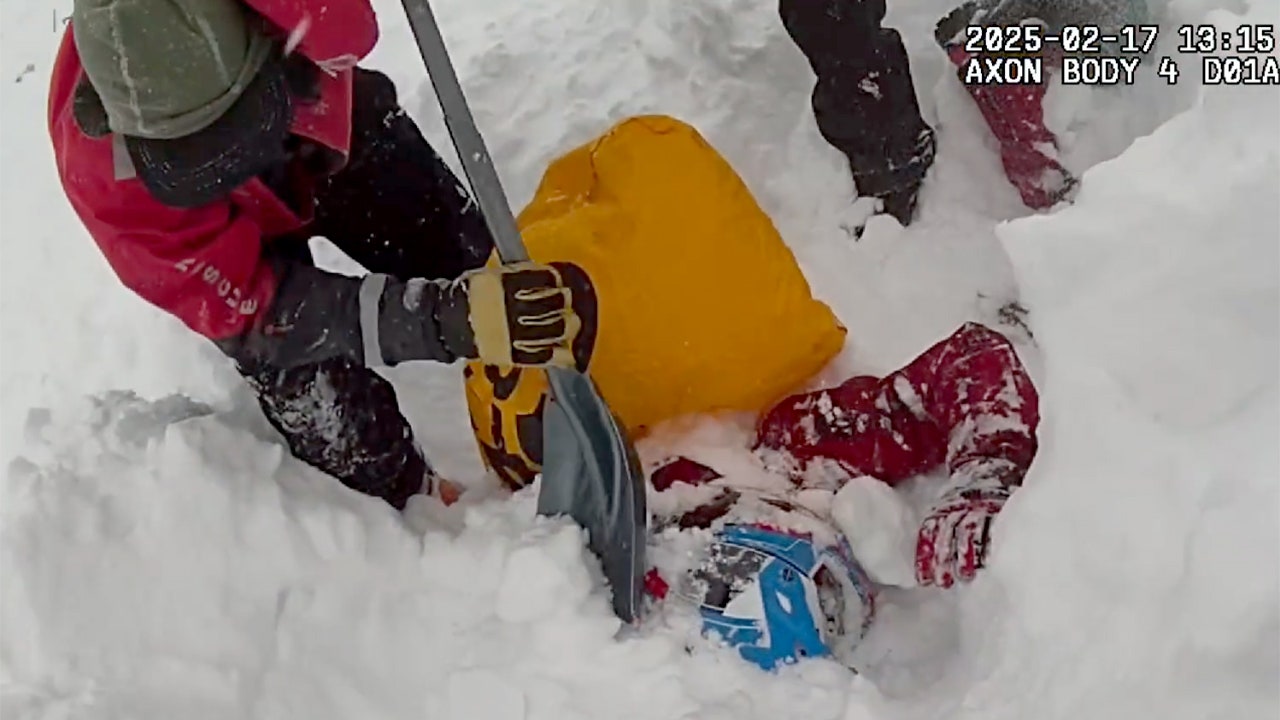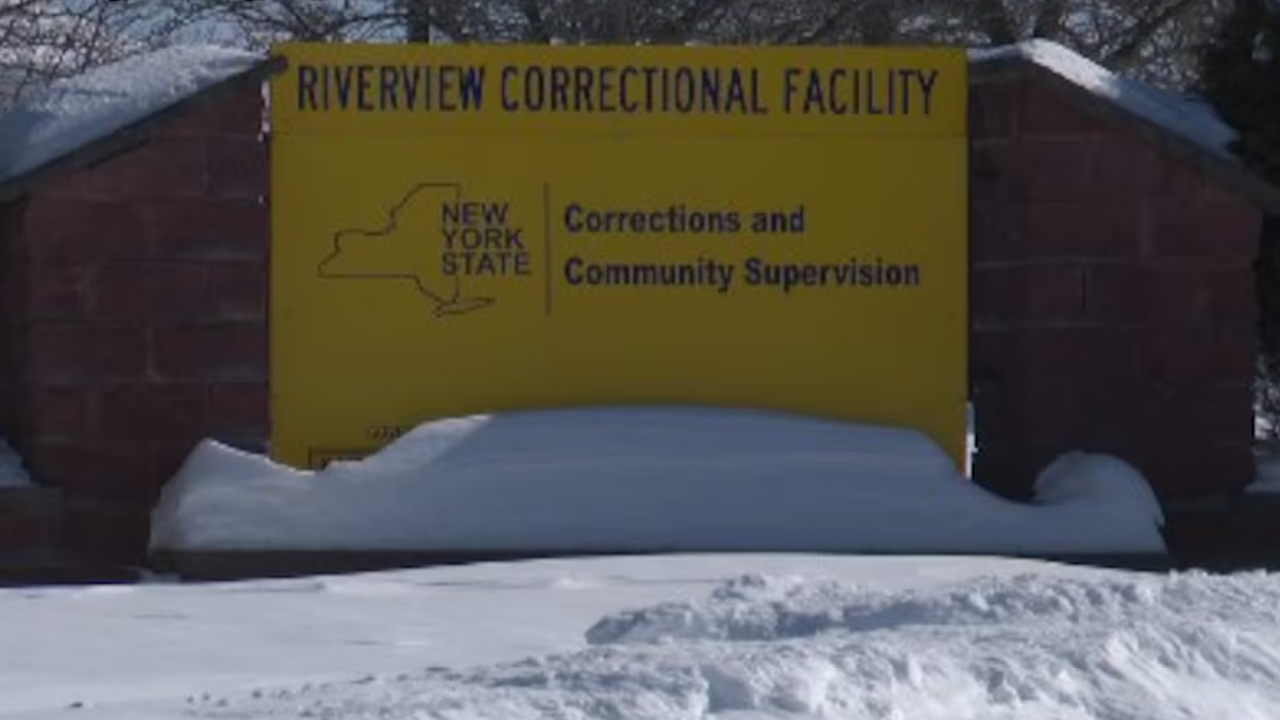Trump Assassination Attempt Task Force Subpoenas Two ATF Workers, Accusations of Stonewalling Arise
The congressional task force investigating the July and September assassination attempts against President-elect Donald Trump has accused the Bureau of Alcohol, Tobacco, Firearms and Explosives (ATF) of stonewalling.
The Task Force on the Attempted Assassination of Donald J. Trump on Monday issued subpoenas seeking testimony from ATF employees after the bureau had not responded to lawmakers’ multiple requests for documents and information, according to a news release.
“For weeks, ATF had not produced any requested documents or made any personnel available for interviews with the Task Force. However, less than one hour after the Task Force served its subpoenas yesterday for depositions, ATF made its first set of documents available to the Task Force,” the release stated.
Subpoenas Point to Serious Gaps in ATF Cooperation
One of the subpoenas specifically targets an ATF agent involved in the response to the July 13 shooting in Butler, Pennsylvania. This tragic incident not only left Trump nursing a bullet graze to his right ear, but also resulted in two other attendees being struck by gunfire, alongside the fatal shooting of one participant. The second subpoena aims to gather testimony from a supervisory agent, a move highlighting the urgency of accountability in this unsettling investigation.
Communication from task force Chairman Rep. Mike Kelly, R-Pa., alongside ranking member Rep. Jason Crow, D-Colo., revealed a staggering lack of responsiveness from ATF. Initial requests for pertinent documents were issued on October 3 and November 6. Yet, there they remained—unanswered until the recent subpoenas compelled action.

Urgent Requests and Ominous Implications
“ATF’s October 22 response was insufficient and untimely,” the task force noted, emphasizing the alarming reality that five days had lapsed past the deadline without constructive dialogue from the bureau. Their records amounted to less than five pages, containing little more than summary narratives. The scant documentation stood in stark contrast to the weight of the situation.
Among the specific inquiries made by the task force was a request for “[a]ll documents and materials related to ATF’s critical incident response on July 13, 2024…,” which includes extensive investigations surrounding the improvised explosive device found at the home of Matthew Crooks — the primary suspect in the attempt on Trump’s life.
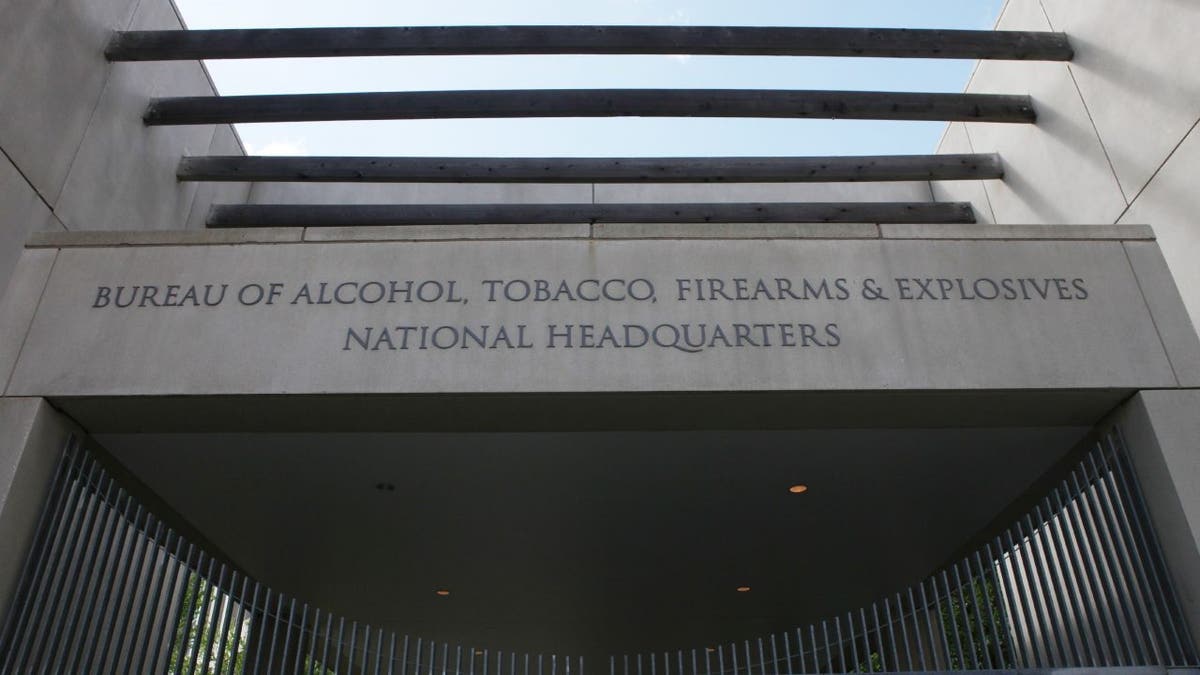
Searching for Understanding Amidst Chaos
Meanwhile, the ongoing investigation by members of Congress and various U.S. agencies seeks to unveil the motive behind Crooks’ chilling attempt to eliminate Trump using an AR-15 rifle during a rally. While his aim failed to deliver a fatal blow, the consequences were grave; Crooks not only grazed Trump’s ear, but fatally shot rally attendee Corey Comperatore and critically wounded two others, David Dutch and James Copenhaver.
Adding to the enigma, Rep. Mike Waltz, R-Fla., a retired Green Beret on the task force, unveiled that Crooks had established multiple encrypted accounts across platforms based in Belgium, New Zealand, and Germany. This raises further questions: what was the purpose of these accounts? Understanding Crooks’ digital footprint becomes essential to piecing together a motive in a case steeped in uneasiness.
Concurrently, inquiries into the second assassination attempt in September grow. Ryan Routh, charged in this instance, allegedly aimed a rifle at Trump near Trump International Golf Club in West Palm Beach. Investigators remain puzzled—not merely at the actions of these individuals, but at the broader implications surrounding political violence in today’s climate.
Fox News’ Audrey Conklin and Tyler Olson contributed to this report.



































